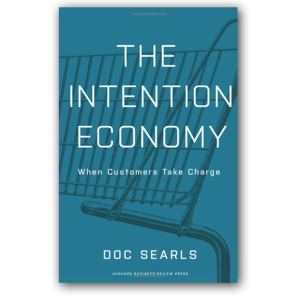Topic 2: Do we even have a single identity?
Trying to decide whether it is better to keep a unified online identity, or break it into pieces, I began to think about our offline identity. Are we really coherent personas in real life?
I doubt it. For example, there is a difference between my behaviour in my tutor’s office and in a pub. Although some part of my character is observable in both situations, there is a clear difference in how I present myself depending on environment. For me, it is some form of a connected identity.
Unfortunately, there is a huge difference between offline and online identity, because the latter is recorded. While my Tutor is unlikely to look for what I did or said in a pub, he could easily find it if only I (or one of my friends, to be exact) posted it on a social media site. If this example does not convince you, read about a girl who lost her job because of a tweet.
Suppose this problem will find its solution, for example through a change of name after his reputation goes bankrupt. Would that convince everyone to get rid of anonymity on the Web?
Google is effectively a 500$ a year service, because that is the value of data that you are providing. ~Eli Pariser
Probably more important factor concerning proponents of a single online identity is privacy. In our world, such information is equal to money – companies such as Facebook or Google use this data for advertisement. A great documentary describing questionable use of our private information is “Terms and Conditions may apply”.
Fortunately, the online community and researchers are slowly developing tools for us to regain our data. One of the leaders of ProjectVRM, Doc Searls, wrote a book on his idea of a solution, entitled “The Intention Economy”.
In his vision, companies do not need advertisement, because it is now the consumer who states a desire to purchase a particular item. He does it through an application, which immediately contacts companies interested for their offers, and negotiates the terms of service on behalf of his owner.
Because of its convenience and high credibility, a single identity may become a better solution. However, the above mentioned problems need to be solved. Luckily, the Internet is maturing, so there is a high change we may observe the legal and technical solutions to come to life very soon.
Word count: 395
References:
1. Chapter 2 [in:] Danny Miller, “Future Identities: Changing identities in the UK the next 10 years”, University College London (2013)
2. Jonathan Zittrain, “Reputation bankrupcy”, blog post at blogs.law.harvard.edu (07/09/2010)
3. Hamza Shaban, “Will the Internet of Things finally kill privacy”, the Verge (11/02/2015)
4. Doc Searls, “The Intention Economy”, Harvard Business Review Press (2012)
5. Cullen Hoback, “Terms and Conditions May Apply” (2013, movie resource)

